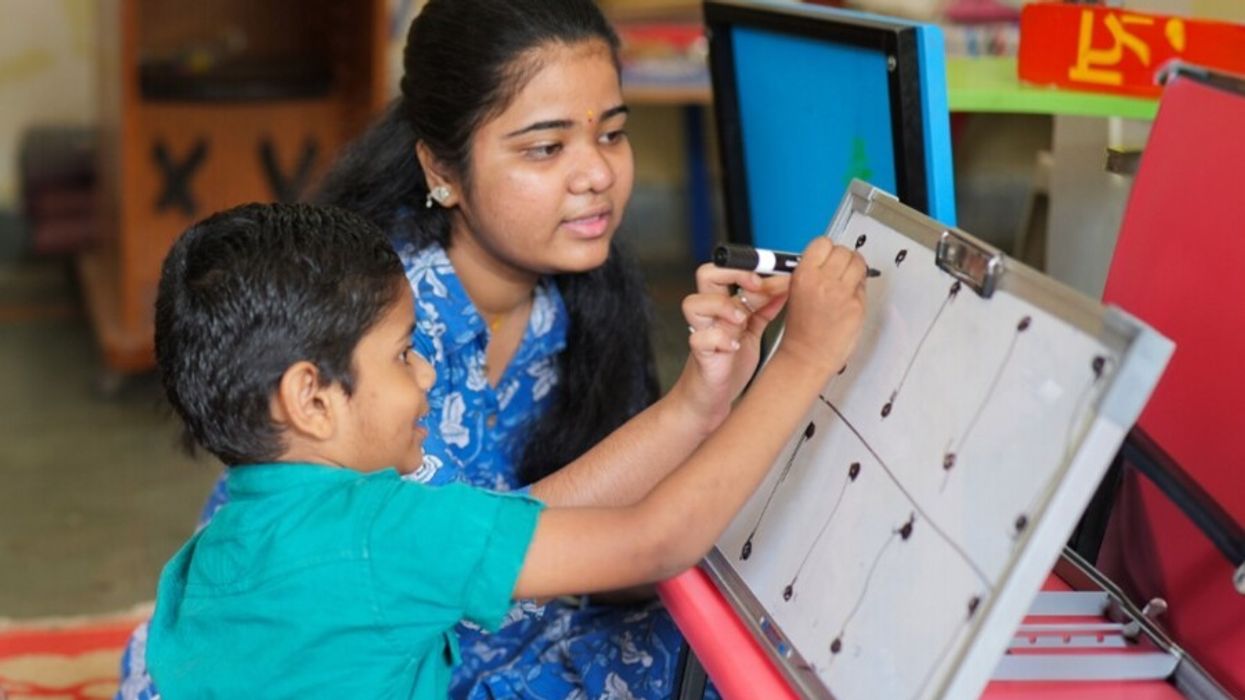GLOBAL charity Pratham's educational approach called 'Teaching at the Right Level (TaRL) has been selected as one of five finalists in the global 100&Change competition, organisers announced on Wednesday (30).
Run by the MacArthur Foundation, the competition will award a £75 million ($100m) grant to fund a solution to a significant global challenge. Pratham reached the final round alongside four other organisations from 869 applicants.
Under the TaRL approach, children put into groups based on what they already know, rather than their age. These groups can include children from different classes or within the same classroom.
The charity's proposal was submitted as a partnership between Pratham USA, Pratham Education Foundation, Pratham International and Empower Learning Africa. Their project aims to bring educational opportunities to 25 million children across three continents.
"This is a brilliant recognition of the transformative power of Teaching at the Right Level. Being named a finalist in the 100&Change competition is an extraordinary honour and a testament to Pratham’s belief that every child can learn and thrive with the right support. We’re proud to stand with our partners in this global effort to reimagine education," said Sakate Khaitan, chair, Pratham UK.
Manisha Bharti, Pratham USA CEO and global executive, commented: "We are honored to be recognized alongside some of the world's most innovative and impactful organizations."
Other four finalists include the Organised Crime & Corruption Reporting Project, which connects investigative journalists across borders; Sentinel, which focuses on transforming infectious disease surveillance; Texas Children's Hospital, which plans to integrate sickle cell disease care into African primary health services; and The Wikimedia Foundation, which aims to scale access to reliable information globally.
“This recognition reflects decades of learning with communities, youth volunteers, governments and educators who have shown us that real change is possible when solutions are locally grounded and globally shared. It’s an honor to continue this journey alongside such committed partners," said Manushi Yadav, Pratham's director of strategy and partnerships.
Pratham, which has been operating for 30 years, currently works with over five million children and young people annually. It focuses on delivering evidence-based programmes to address education challenges in India and other countries.
MacArthur Foundation president John Palfrey said, "Now is the time to dream big, collaborate deeply, and develop new solutions to change the world. Our 100&Change Finalists want to scale ambitious ideas that will help millions of people. Today, we hope the sector finds inspiration in these important projects and joins us in celebrating this milestone in the competition."
The winner of the grant will be announced later this year.





